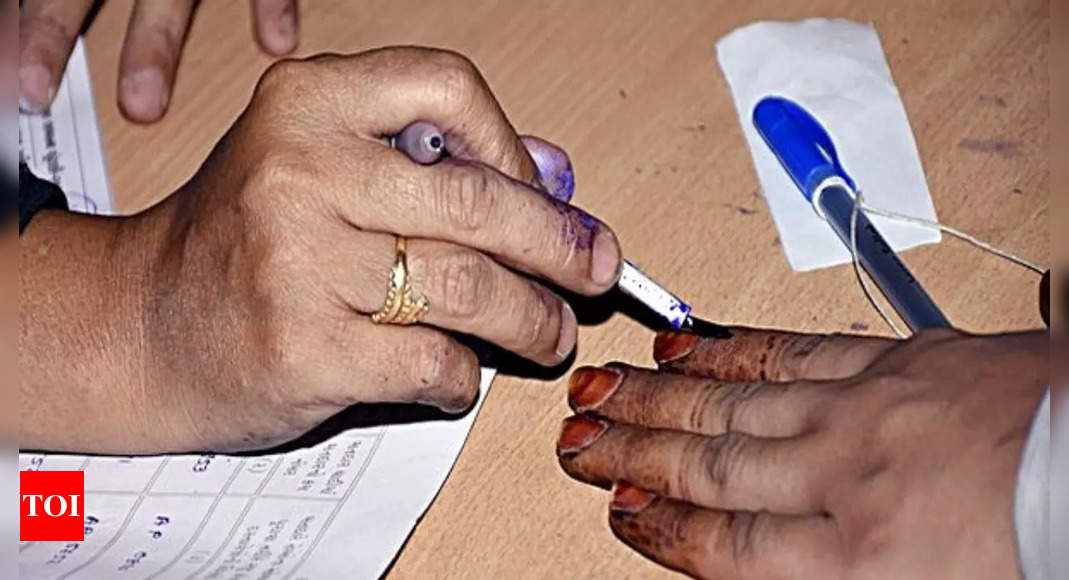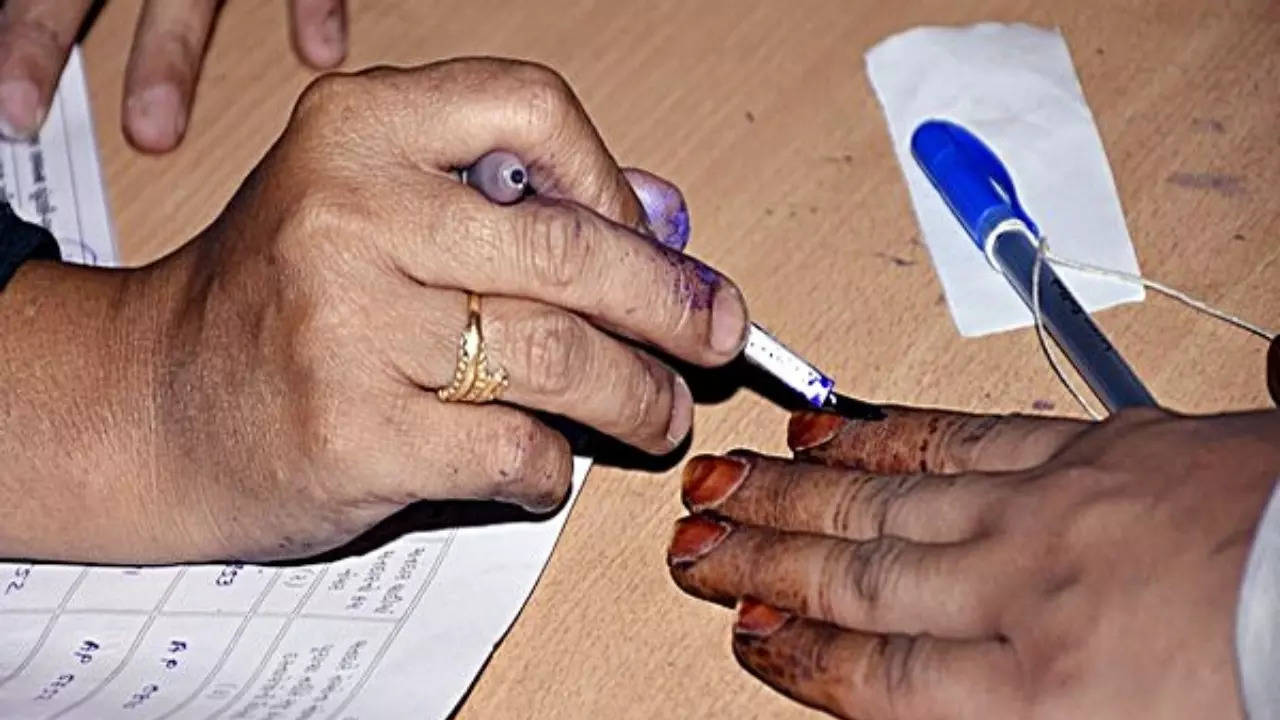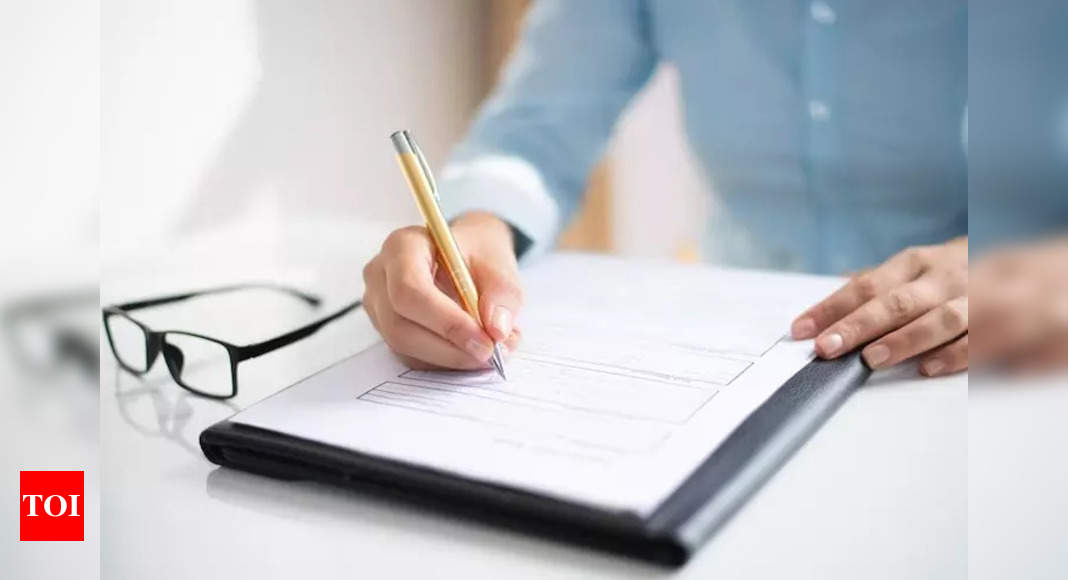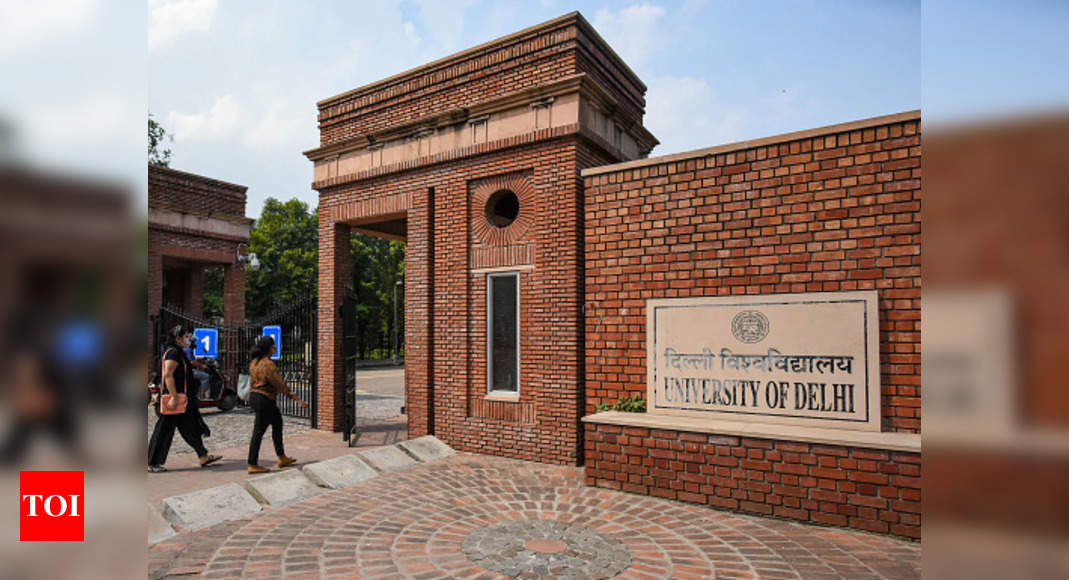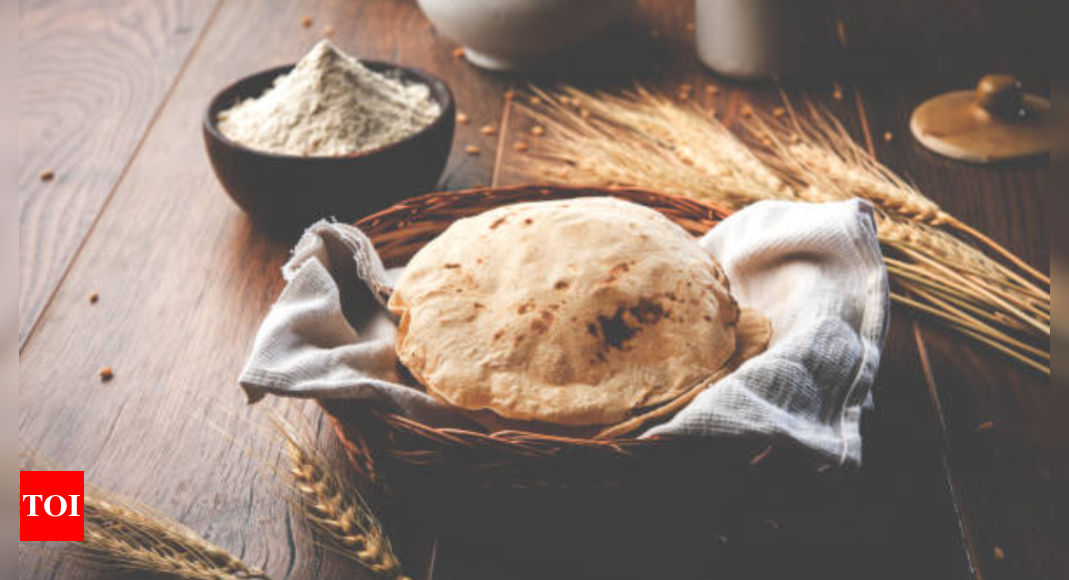NEW DELHI: Will the BJP’s drought in Kerala finally end? Will a spike in political temperature following Prime Minister Narendra Modi‘s sharp attack on the Congress boost turnout? These are some of the questions weighing on people’s minds as 89 Lok Sabha seats go to the polls on Friday. Many senior BJP and opposition leaders, including Rahul Gandhi and Shashi Tharoor of the Congress, and Union ministers Gajendra Singh Shekhawat, Kailash Choudhary and Rajeev Chandrasekhar, are in the fray as polling enters many saffron strongholds.
In 2019, the BJP had won 53 and its existing allies 12 of these seats, including seven of eight in Uttar Pradesh, all 13, eight and seven in Rajasthan, Maharashtra and Madhya Pradesh respectively, and four of the five seats each in Assam and Bihar.
The constituents of the now INDIA bloc had won 23 seats in the last general election.
Seeking to better its tally, the BJP must not only retain its bastions but also make fresh inroads as it takes on the opposition INDIA bloc in a battle of narratives, with Modi leading its charge.
Following the first phase polls in 102 seats on April 19, the prime minister has stepped up his attack on the Congress, accusing it of seeking to provide nationwide reservation to Muslims in the quotas meant for Other Backward Classes.
He has also warned voters in his poll rallies that a Congress government at the Centre will snatch their assets, including women’s ‘mangalsutra’, to benefit those who are “intruders” and have more children as he cited a speech of his predecessor Manmohan Singh to back his claim.
The Congress, in turn, has accused him of lying and spreading communal divide, claiming that he has been rattled by the BJP’s poor show and complaining to the Election Commission against him.
The BJP also has filed complaints against Congress leaders, including Gandhi, prompting the poll watchdog to issue notices to the presidents of the two parties seeking their replies.
Whether the soaring political temperature prevails over the heatwave-like conditions, blamed in some quarters for the fall in poll percentage last week, and pushes more voters to booths is something political watchers will be keeping an eye on.
If Kerala like Tamil Nadu in the first phase will be a test of the BJP’s all-out expansion drive, states like Maharashtra and, to a lesser extent, Karnataka are being watched keenly as many new factors have come into play there since 2019.
A BJP ally in the last national elections, Uddhav Thackeray is now the face of the INDIA bloc in Maharashtra while the official version of the Shiv Sena he once headed is a BJP ally under the leadership of Chief Minister Eknath Shinde.
Another major regional party Nationalist Congress Party has since split as well and its faction under Deputy Chief Minister Ajit Pawar, recognised as the real party, is now with the BJP while Sharad Pawar, its founder leader, is part of the opposition bloc.
The BJP-led alliance had won 41 of 48 seats in the western state, which has the most Lok Sabha constituencies after Uttar Pradesh.
The Congress is now in power in Karnataka and its former ally JD(S) is in the BJP camp. The BJP-led National Democratic Alliance has incumbent MPs in 27 of the state’s 28 seats, and the INDIA bloc is banking on its welfare schemes to dent its stronghold.
The BJP is relying on actor Suresh Gopi, Union minister Rajeev Chandrasekhar and Anil Antony, the son of veteran Congress leader A K Antony, to open its account in Kerala which has never elected an MP from the party. Chandrasekhar is pitted against three-time Congress MP Tharoor in Thiruvananthapuram.
Gandhi is in the fray from Wayanad, the constituency he currently represents in Lok Sabha.
The turn-out in the first phase was recorded at 62.37 per cent which may still be revised upwards as votes are tallied. The voting percentage in the first phase in 2019 was 69.43 per cent when 91 seats went to the polls.
In 2019, the BJP had won 53 and its existing allies 12 of these seats, including seven of eight in Uttar Pradesh, all 13, eight and seven in Rajasthan, Maharashtra and Madhya Pradesh respectively, and four of the five seats each in Assam and Bihar.
The constituents of the now INDIA bloc had won 23 seats in the last general election.
Seeking to better its tally, the BJP must not only retain its bastions but also make fresh inroads as it takes on the opposition INDIA bloc in a battle of narratives, with Modi leading its charge.
Following the first phase polls in 102 seats on April 19, the prime minister has stepped up his attack on the Congress, accusing it of seeking to provide nationwide reservation to Muslims in the quotas meant for Other Backward Classes.
He has also warned voters in his poll rallies that a Congress government at the Centre will snatch their assets, including women’s ‘mangalsutra’, to benefit those who are “intruders” and have more children as he cited a speech of his predecessor Manmohan Singh to back his claim.
The Congress, in turn, has accused him of lying and spreading communal divide, claiming that he has been rattled by the BJP’s poor show and complaining to the Election Commission against him.
The BJP also has filed complaints against Congress leaders, including Gandhi, prompting the poll watchdog to issue notices to the presidents of the two parties seeking their replies.
Whether the soaring political temperature prevails over the heatwave-like conditions, blamed in some quarters for the fall in poll percentage last week, and pushes more voters to booths is something political watchers will be keeping an eye on.
If Kerala like Tamil Nadu in the first phase will be a test of the BJP’s all-out expansion drive, states like Maharashtra and, to a lesser extent, Karnataka are being watched keenly as many new factors have come into play there since 2019.
A BJP ally in the last national elections, Uddhav Thackeray is now the face of the INDIA bloc in Maharashtra while the official version of the Shiv Sena he once headed is a BJP ally under the leadership of Chief Minister Eknath Shinde.
Another major regional party Nationalist Congress Party has since split as well and its faction under Deputy Chief Minister Ajit Pawar, recognised as the real party, is now with the BJP while Sharad Pawar, its founder leader, is part of the opposition bloc.
The BJP-led alliance had won 41 of 48 seats in the western state, which has the most Lok Sabha constituencies after Uttar Pradesh.
The Congress is now in power in Karnataka and its former ally JD(S) is in the BJP camp. The BJP-led National Democratic Alliance has incumbent MPs in 27 of the state’s 28 seats, and the INDIA bloc is banking on its welfare schemes to dent its stronghold.
The BJP is relying on actor Suresh Gopi, Union minister Rajeev Chandrasekhar and Anil Antony, the son of veteran Congress leader A K Antony, to open its account in Kerala which has never elected an MP from the party. Chandrasekhar is pitted against three-time Congress MP Tharoor in Thiruvananthapuram.
Gandhi is in the fray from Wayanad, the constituency he currently represents in Lok Sabha.
The turn-out in the first phase was recorded at 62.37 per cent which may still be revised upwards as votes are tallied. The voting percentage in the first phase in 2019 was 69.43 per cent when 91 seats went to the polls.


